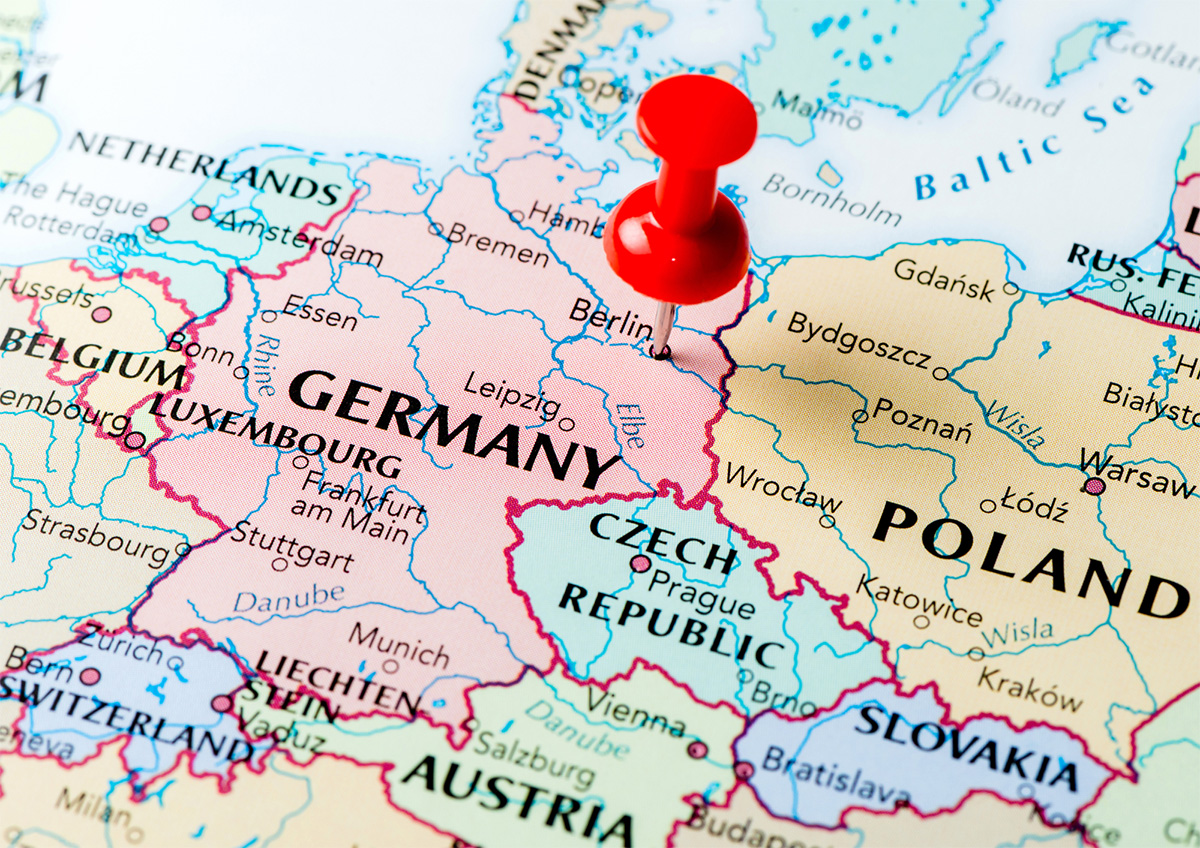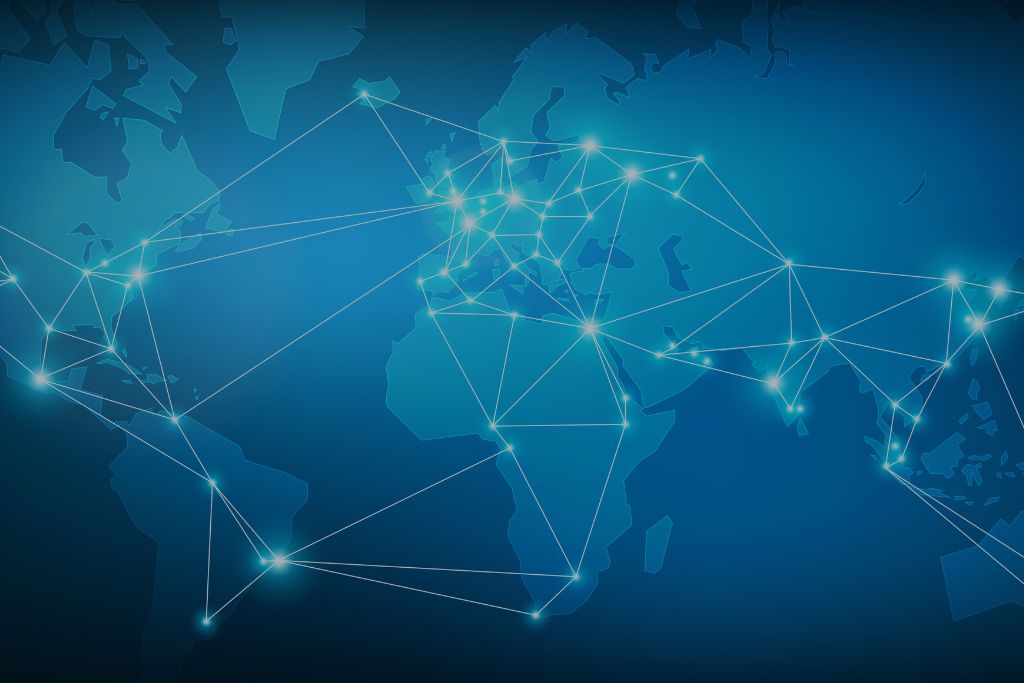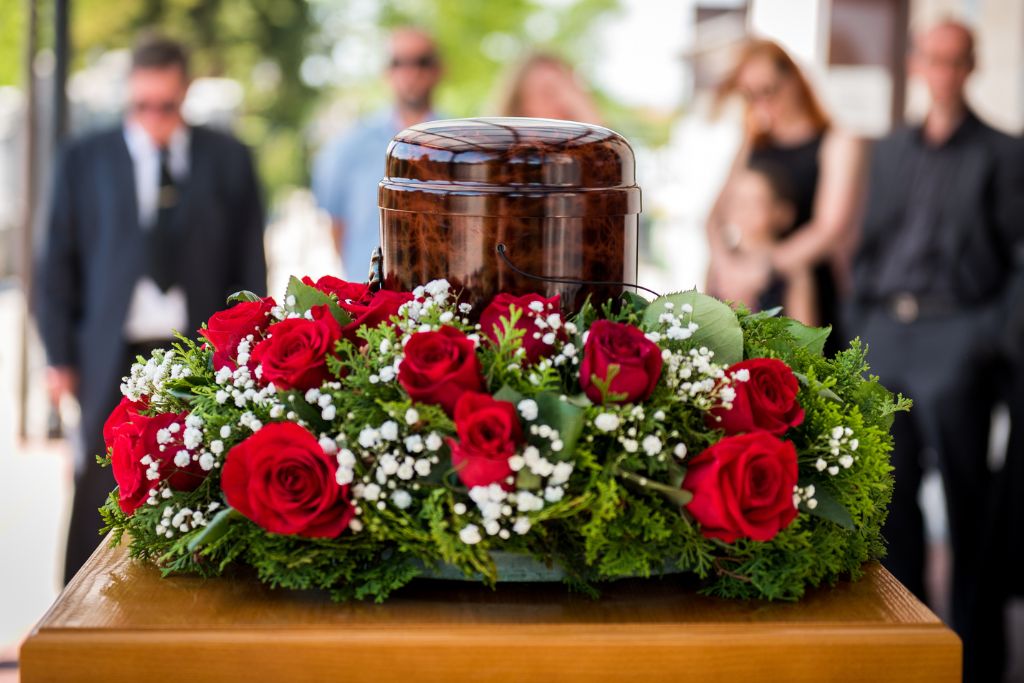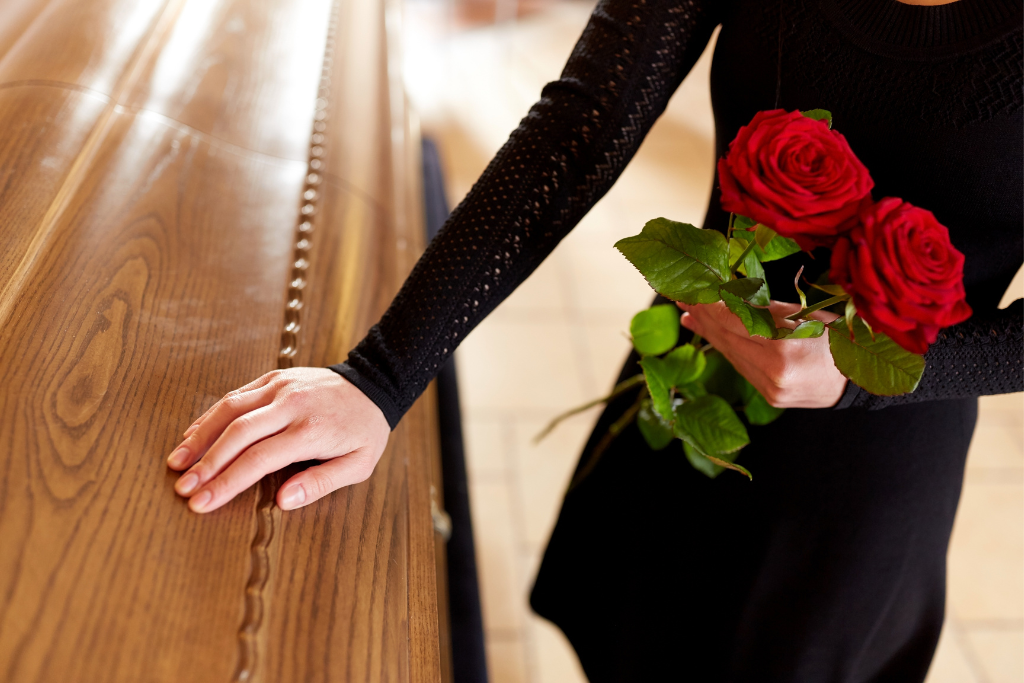Of course. You can count on our assistance with handling the formalities, arranging the transport of your spouse’s body or ashes, and preparing the funeral ceremony.
Of course. You can count on our assistance with handling the formalities, arranging the transport of your spouse’s body or ashes, and preparing the funeral ceremony.

Transport by Country
An independent expert in the funeral industry, author of the blog Celebruj Wspomnienia (“Celebrate Memories”), and editor-in-chief of THANOS magazine — the official publication issued by the World Organization of Funeral Operatives FIAT-IFTA. She has written nearly one hundred articles and conducted dozens of interviews on topics related to trends, marketing, and the sale of funeral services. Katarzyna constantly follows developments in the industry, discovering innovations that transform the way funeral services are perceived. Her unique approach — combining insight, courage, and respect — attracts the attention of both professionals and those outside the field. She collaborates with market leaders, including Grupa KLEPSYDRA S.A.

Repatriating a deceased person to Poland is a process that for many families becomes a necessity in the event of the sudden death of a loved one abroad. Although this procedure may seem complicated, its duration depends on several key factors: the course of official formalities, the legal requirements of a given country, and the logistics of the transport itself. It is worth knowing how the entire process works.

More and more families, guided by the wishes of the Deceased or by their own convictions, are choosing farewells without religious symbolism. This form of ceremony allows one to focus on the life story, values, and relationships that shaped the everyday life of their loved one.

The death of a loved one is an experience that always comes too soon and requires that, within a short period of time, numerous formalities be completed. This guide was created to help you navigate this process step by step — from documents and organizational decisions to the logistics of the ceremony. With this guidance, preparing for the funeral can proceed more calmly, with the reassurance that every detail has been handled with respect and care.